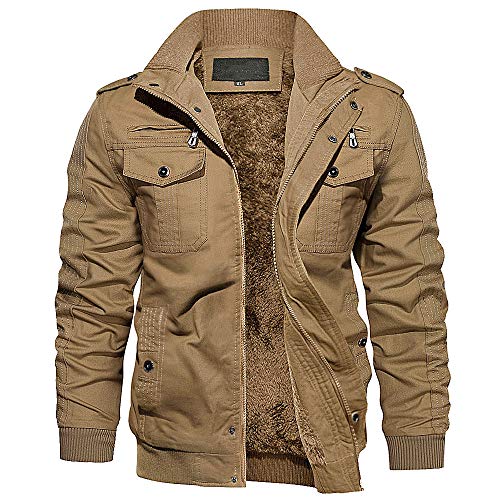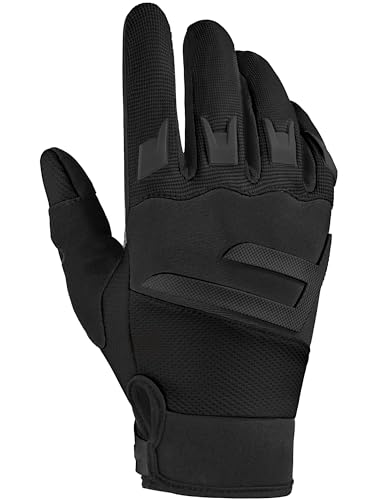WellWell
Active member
Not a newbie to wrenchin stuff, but this is a 1st .
The throttle side brake pucks were frozen and a sonic clean did not free the stuck gunk.
Used a propane torch and penetrant to free things up and eventually this worked to remove the puck.
The removed puck turned super dark brown and does not polish out. Looking for experienced wrenches who can weigh in on what happened here. Here is a pict of the heated frozen throttle side puck next to the caliper just pulled from the sonic cleaner. This doesn't look right.
Experienced wrenches, what can you tell?
Thanks
WW
The throttle side brake pucks were frozen and a sonic clean did not free the stuck gunk.
Used a propane torch and penetrant to free things up and eventually this worked to remove the puck.
The removed puck turned super dark brown and does not polish out. Looking for experienced wrenches who can weigh in on what happened here. Here is a pict of the heated frozen throttle side puck next to the caliper just pulled from the sonic cleaner. This doesn't look right.
Experienced wrenches, what can you tell?
Thanks
WW
































































